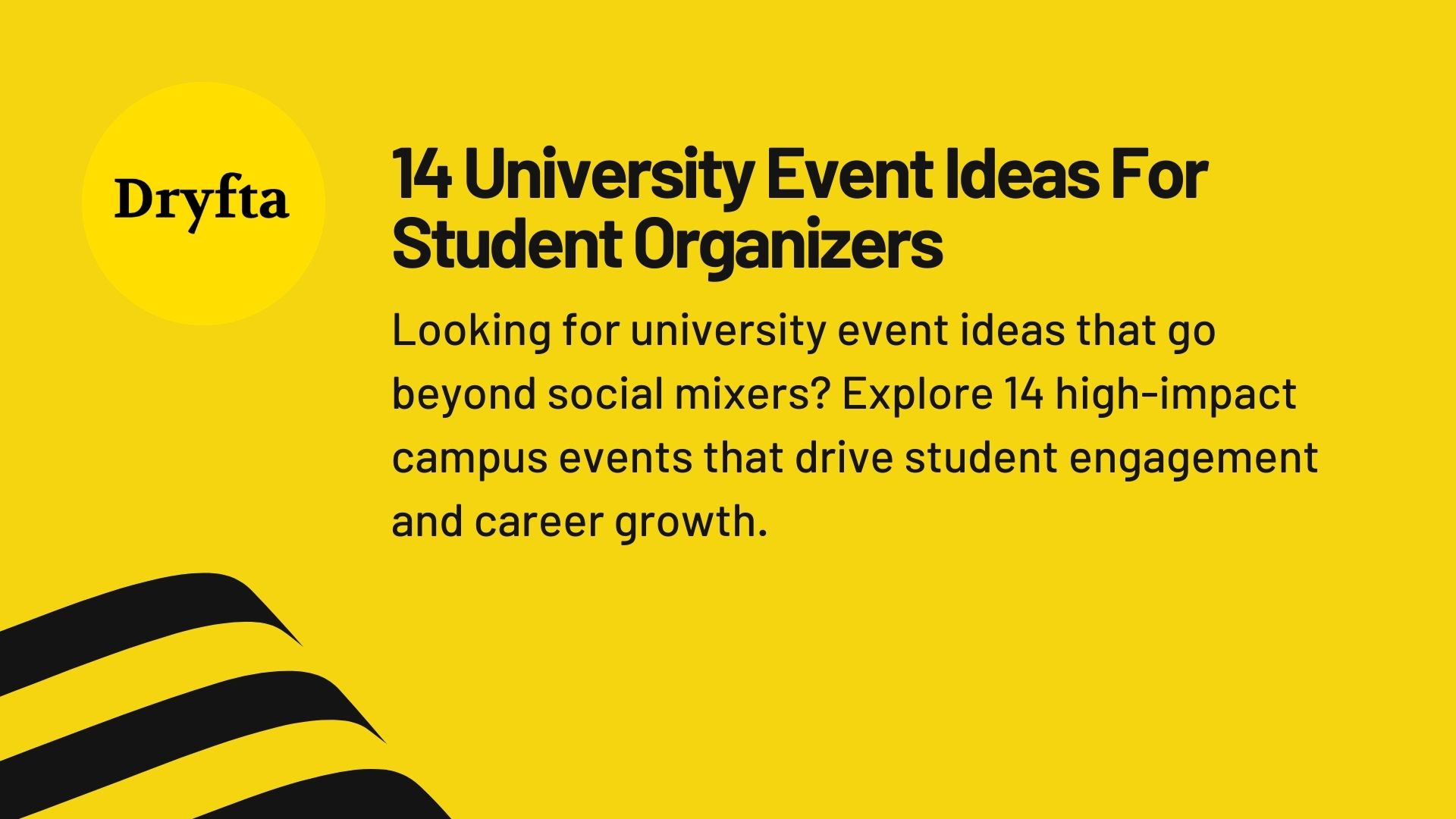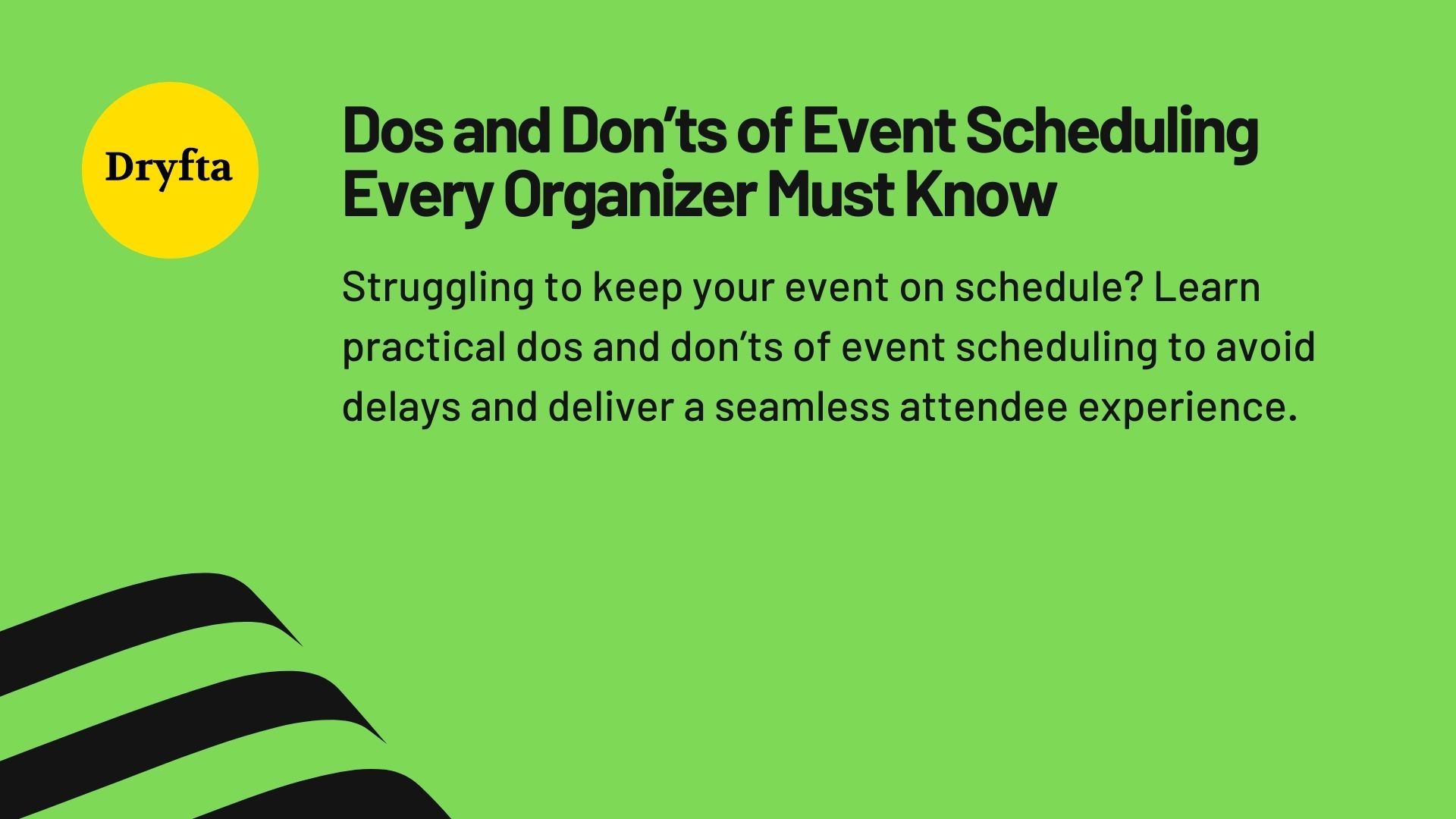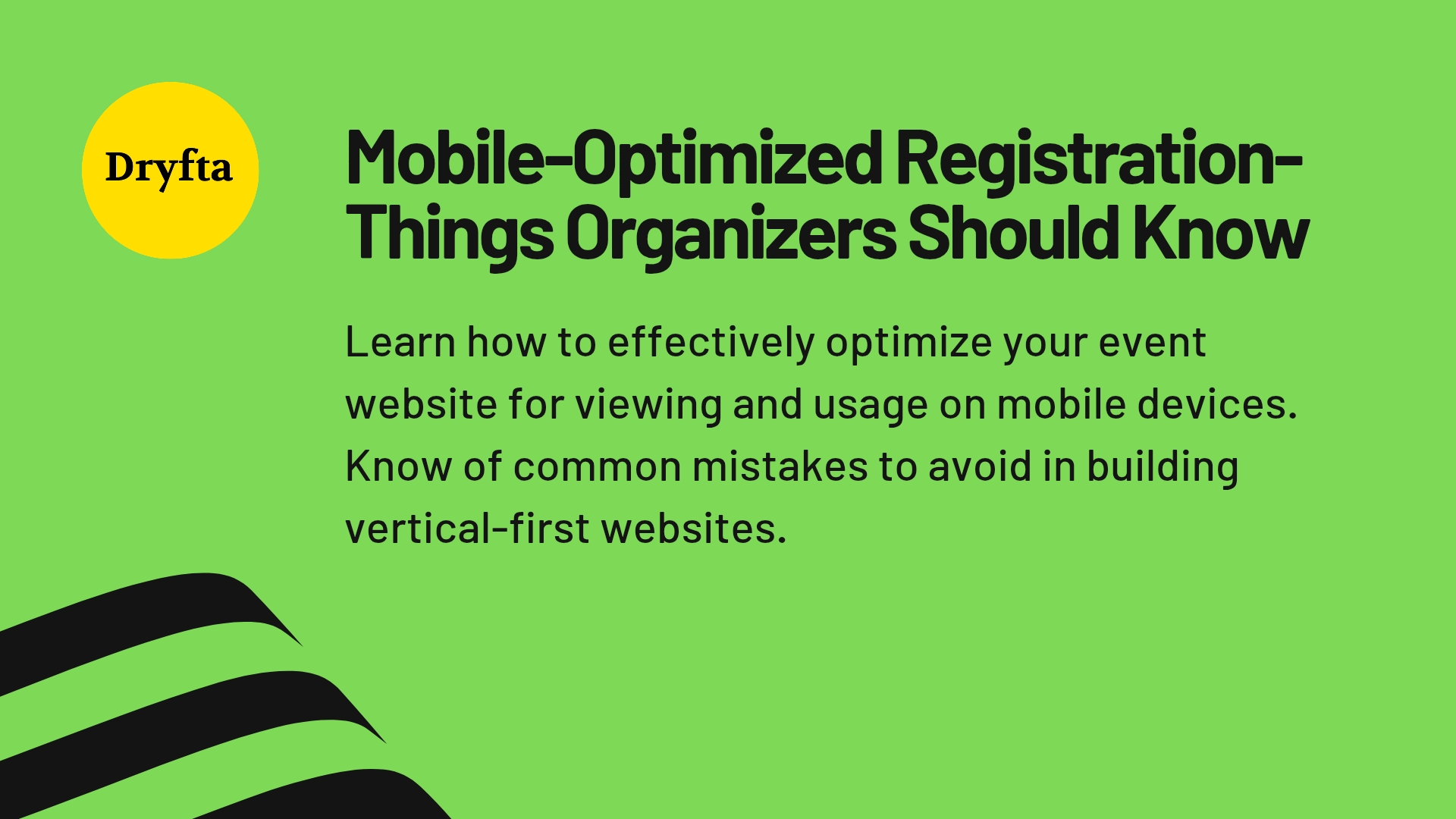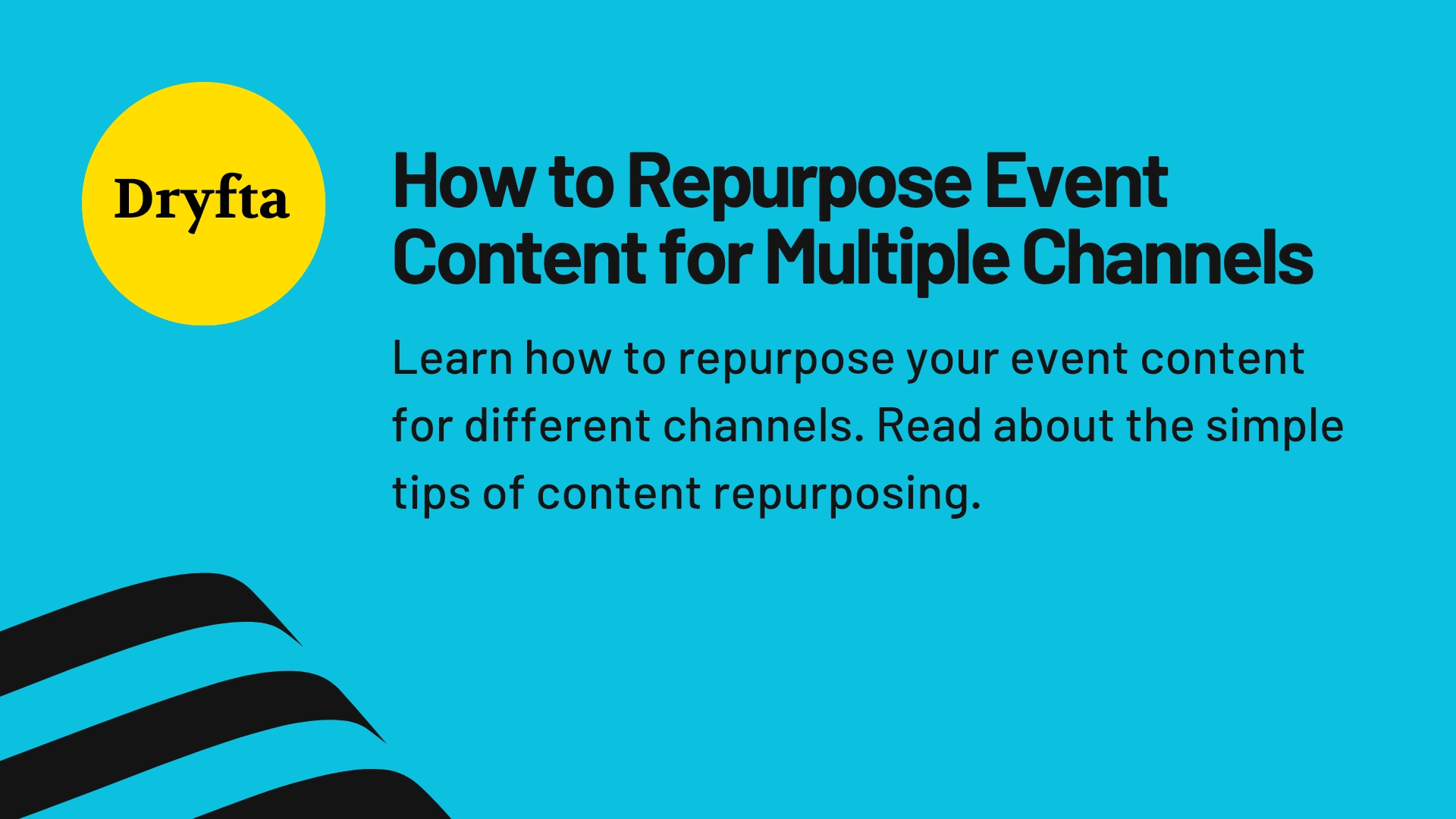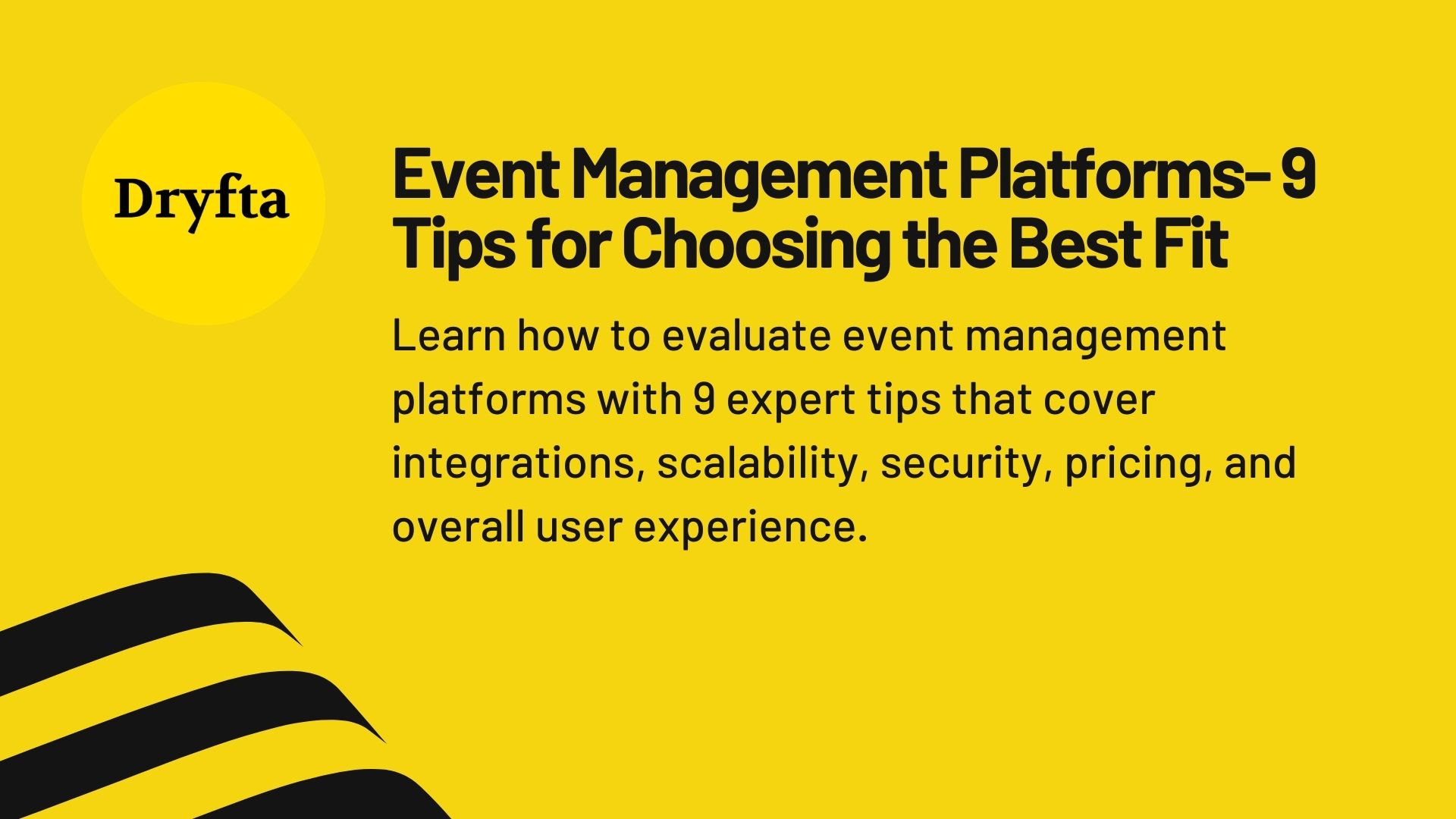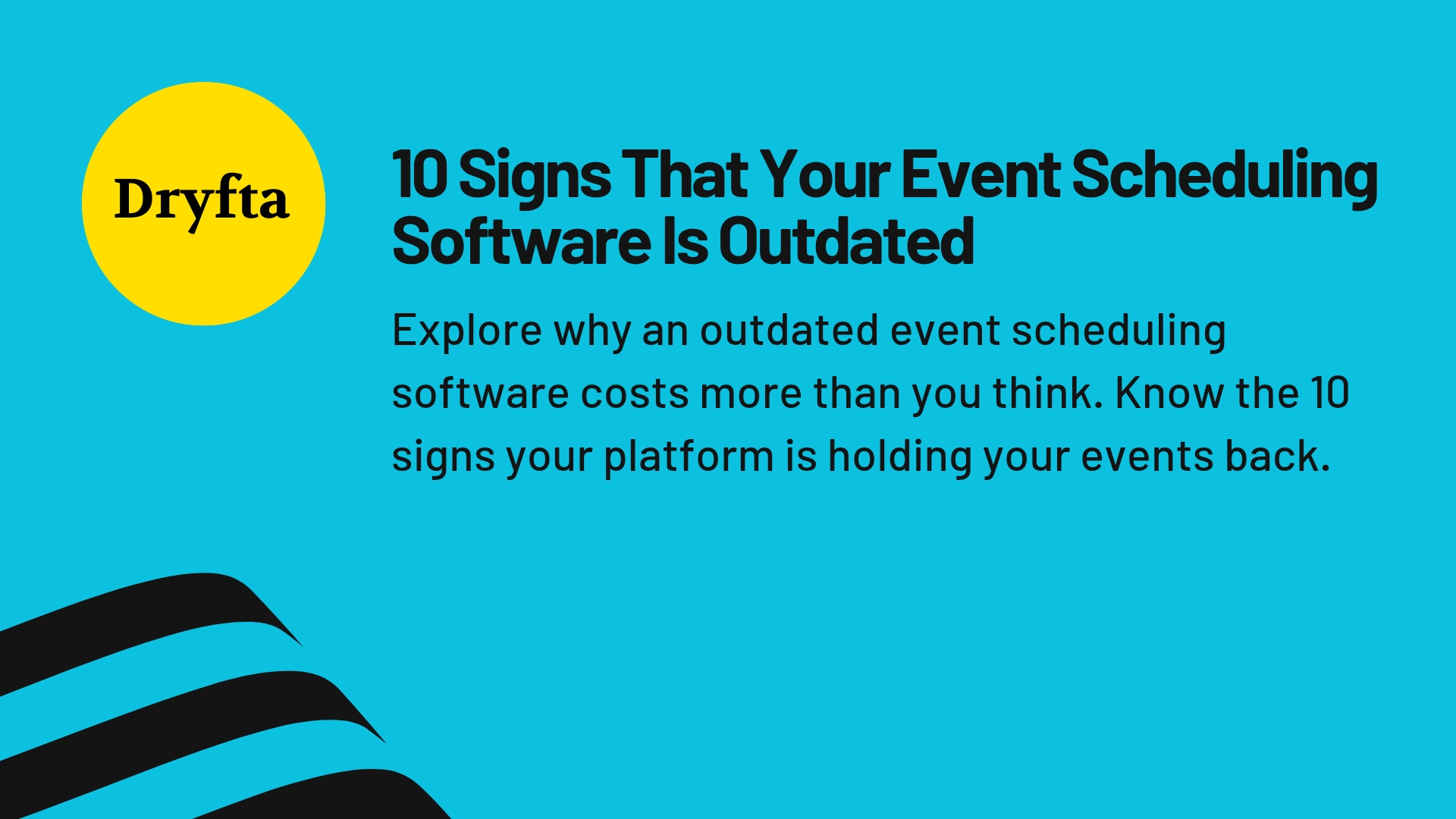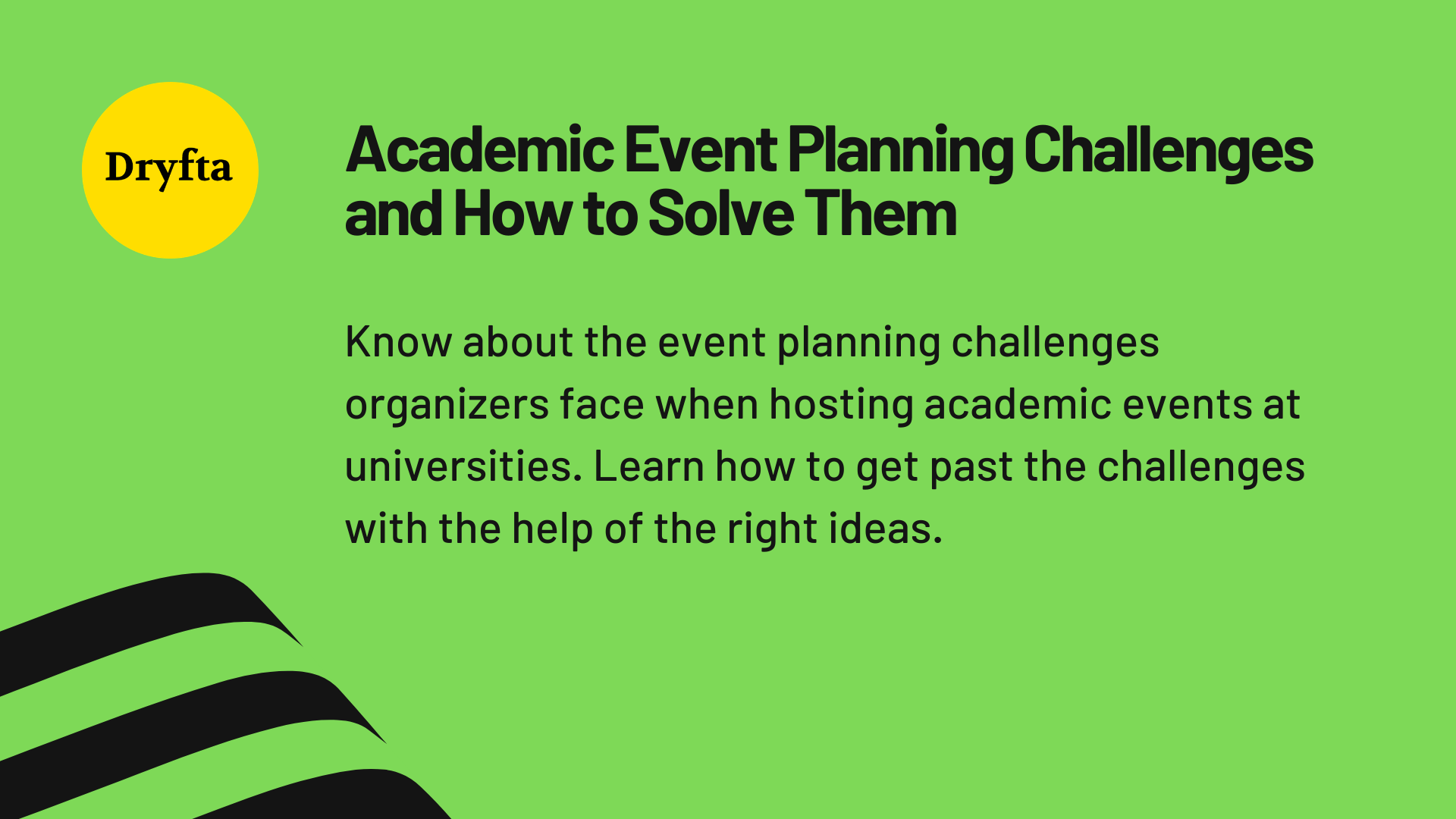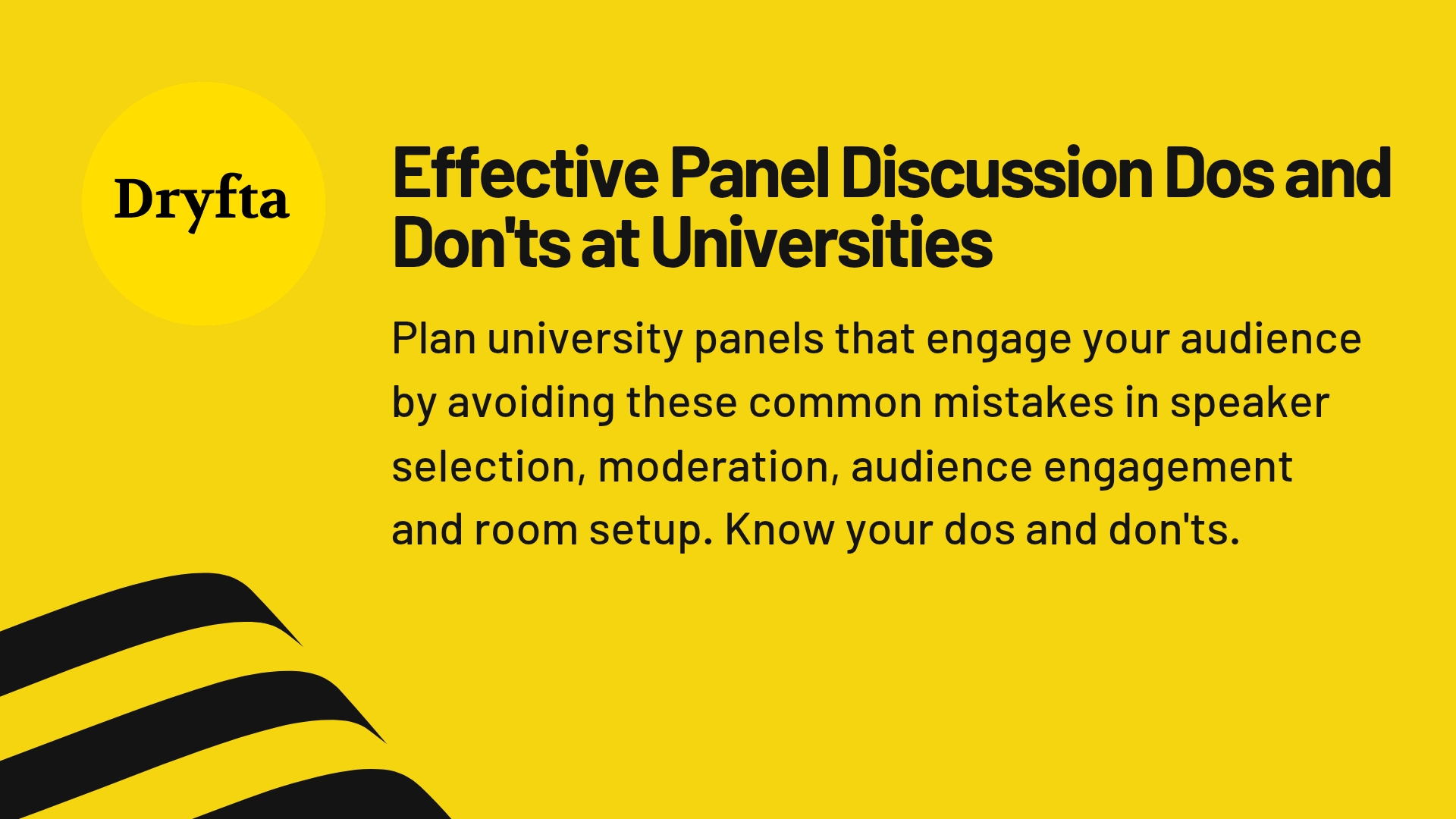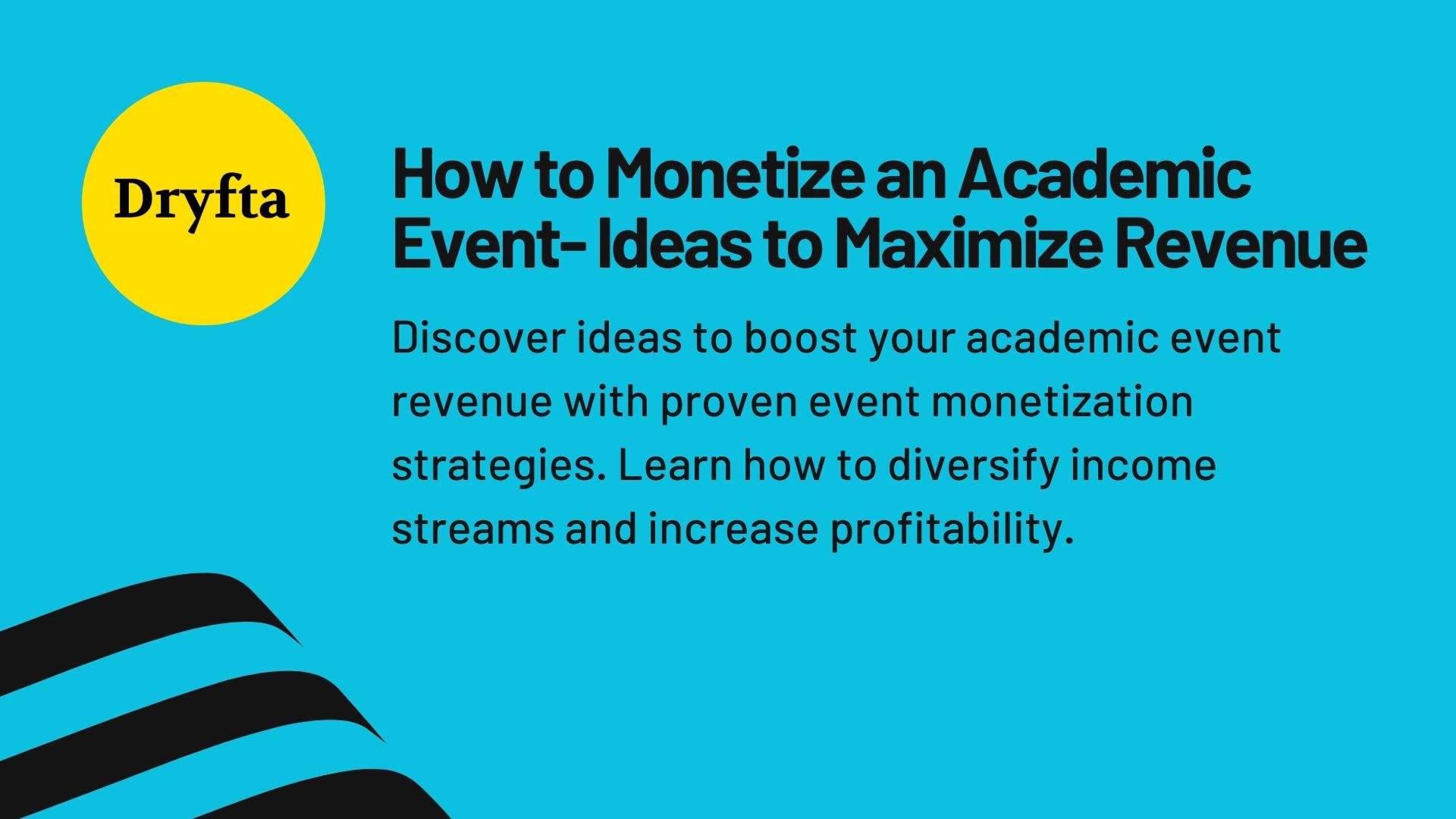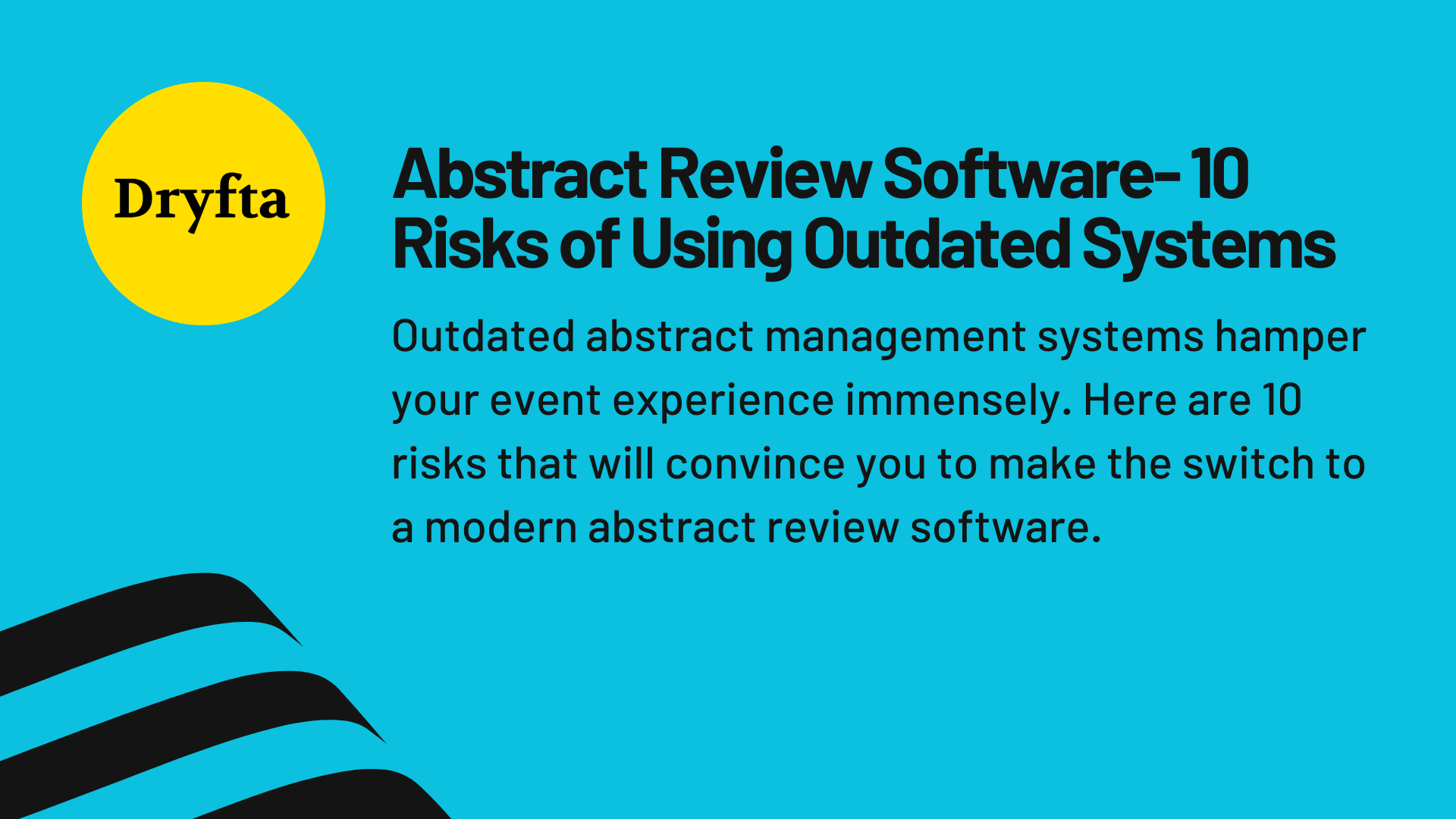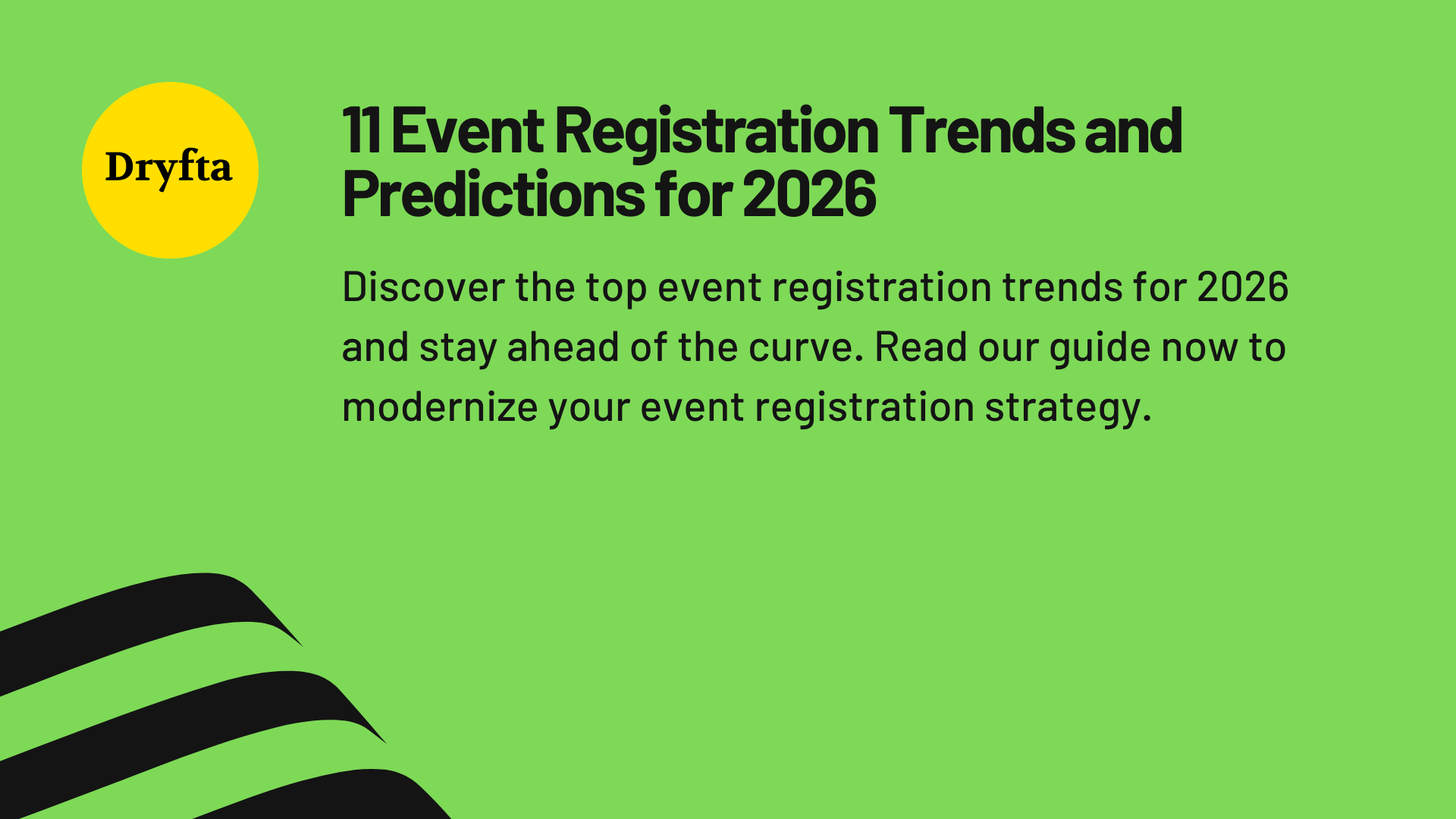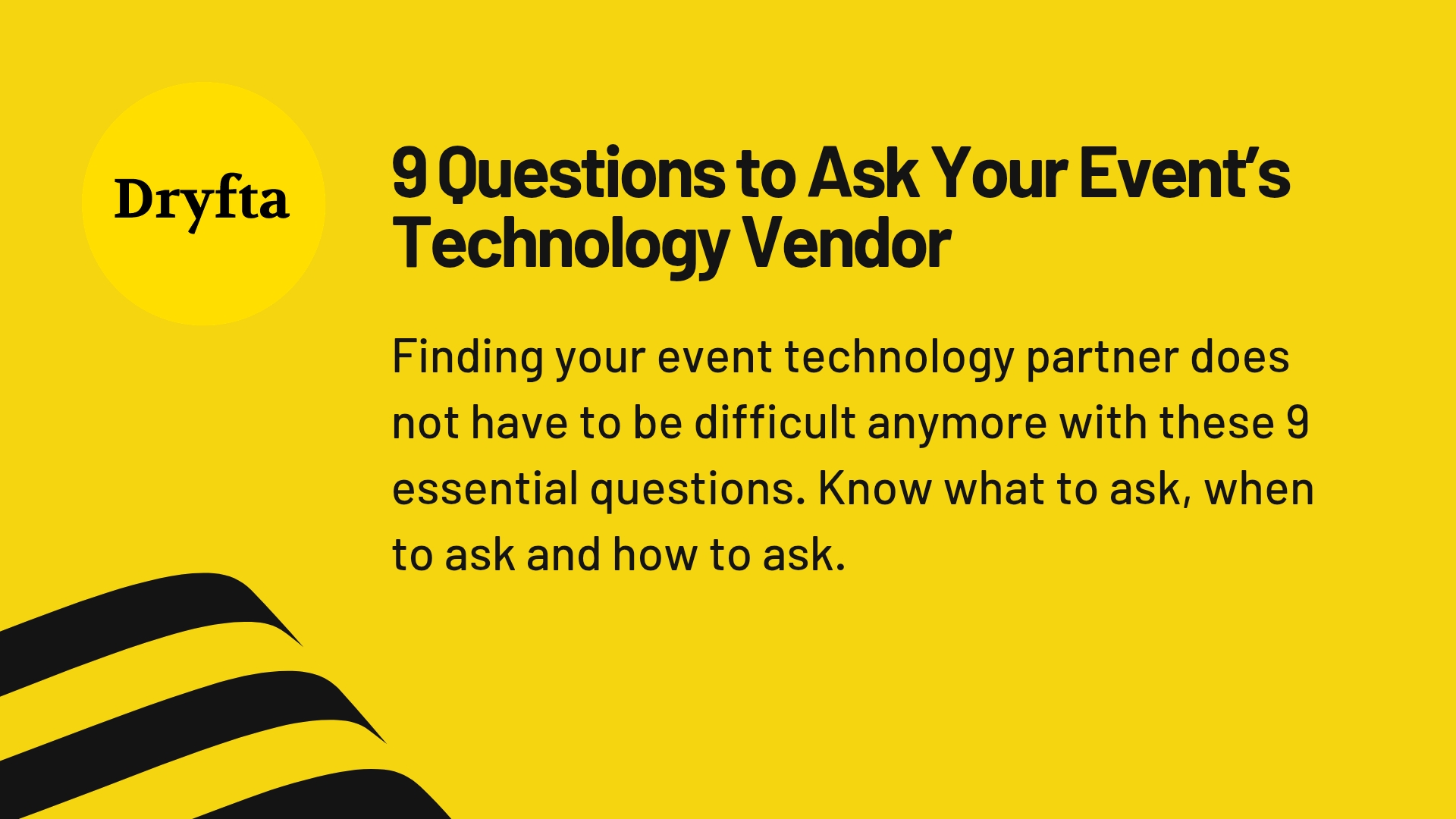
Signing a contract with the wrong technology vendor can cost you more than money. It can cost you your event itself.
For the thousands of event organizers who go through this process every year, the experience strikes the cord of familiarity. A vendor promises everything and more during their pitch. The demo is outstanding and the pricing appears to be a great deal. Or so they make it seem.





